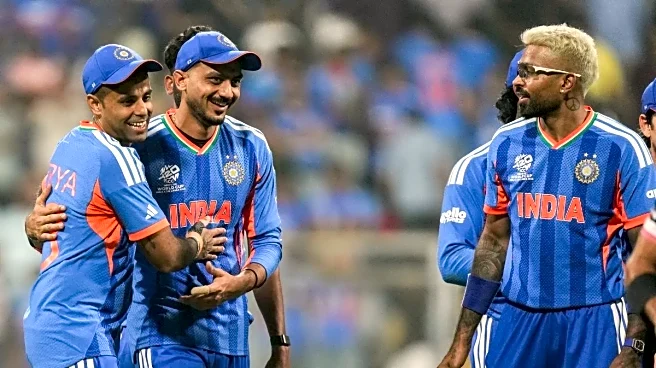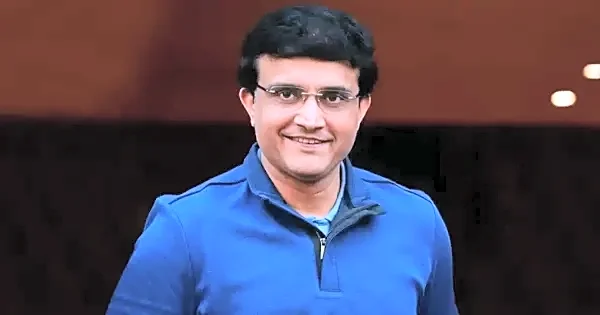What is the story about?
As India rolls out the implementation of new goods and services tax (GST) rates, the Department of Consumer Affairs has already received over 3,000 complaints of companies failing to pass on the rate cut benefits to consumers, said Nidhi Khare, Secretary, Department of Consumer Affairs, on Monday, September 29.
Speaking at the third edition of the FICCI Industry 4.0 Excellence Awards Ceremony and Conclave, Khare said the government has taken long-term reform measures, including the GST 2.0 rollout, aimed at easing household budgets and reducing the cost of living.
“GST reforms and lower inflation have provided relief to citizens, enabling households to invest more in education, healthcare, and other essentials,” she said.
The Secretary highlighted that the government is simultaneously pushing for technology-driven reforms to improve both citizen services and industrial efficiency.
“Schemes like Direct Benefit Transfer, UPI, and GST 2.0 could not have been implemented at scale without technology. We are now looking at the next stage, including externalising Smart Standards so machines can read them, saving time for industry,” she added.
Khare stressed that quality standards and compliance are critical to building trust with consumers. She urged companies, particularly MSMEs, to work with the Bureau of Indian Standards (BIS) and adopt Smart Standards. The government is also supporting this through community testing labs to help industries maintain global competitiveness.
Industry leaders at the event reinforced the role of technology in boosting competitiveness. Suprakash Chaudhuri, Co-Chair, FICCI Technology Committee, said, “Technology is not an expense—it is an investment in long-term resilience.”
Gokul V Subramaniam, India President at Intel, highlighted the need to expand digital solutions and AI to rural and underserved sectors such as agriculture and public services.
Speaking at the third edition of the FICCI Industry 4.0 Excellence Awards Ceremony and Conclave, Khare said the government has taken long-term reform measures, including the GST 2.0 rollout, aimed at easing household budgets and reducing the cost of living.
“GST reforms and lower inflation have provided relief to citizens, enabling households to invest more in education, healthcare, and other essentials,” she said.
The Secretary highlighted that the government is simultaneously pushing for technology-driven reforms to improve both citizen services and industrial efficiency.
“Schemes like Direct Benefit Transfer, UPI, and GST 2.0 could not have been implemented at scale without technology. We are now looking at the next stage, including externalising Smart Standards so machines can read them, saving time for industry,” she added.
Khare stressed that quality standards and compliance are critical to building trust with consumers. She urged companies, particularly MSMEs, to work with the Bureau of Indian Standards (BIS) and adopt Smart Standards. The government is also supporting this through community testing labs to help industries maintain global competitiveness.
Industry leaders at the event reinforced the role of technology in boosting competitiveness. Suprakash Chaudhuri, Co-Chair, FICCI Technology Committee, said, “Technology is not an expense—it is an investment in long-term resilience.”
Gokul V Subramaniam, India President at Intel, highlighted the need to expand digital solutions and AI to rural and underserved sectors such as agriculture and public services.
/images/ppid_59c68470-image-175915009031327948.webp)

/images/ppid_59c68470-image-177062509785292817.webp)
/images/ppid_59c68470-image-177062502806540716.webp)
/images/ppid_59c68470-image-177062502644581631.webp)













